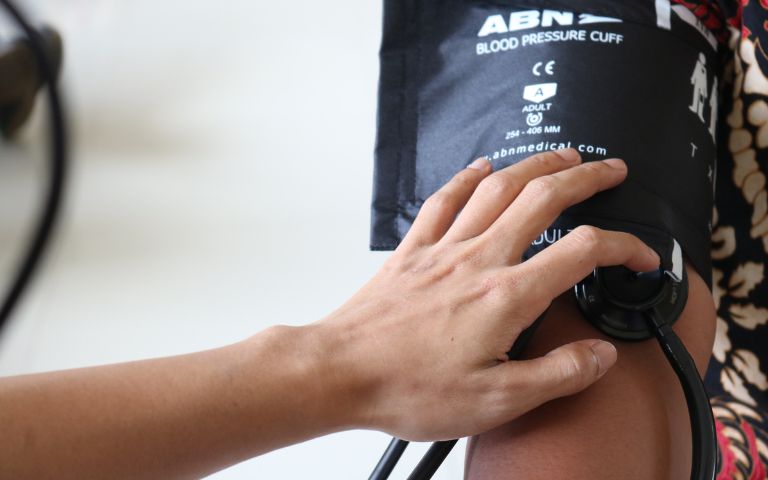What Should Be Checked For Women? What Should Be Checked For Men? How Often Should We Have Health Checks?
The term “healthy” may have different meanings for different people, since all of us have different “health goals”. Some of us want to lose weight to look good and feel healthy, whereas for others gaining an extra few kg’s is the goal. According to the World Health Organization (WHO), the definition of ‘health’ or ‘healthy’ goes way beyond the absence of disease or infirmity; it actually refers to a state of complete physical, mental, and social well-being. A medically, emotionally, and physically fit person is able to recover and bounce back from different diseases, illnesses, and other problems more quickly and easily and enjoys a healthier and happier life. In order to achieve good health, regular physical activity, healthy diet, healthy relationships, a clean environment, genetics and also regular health checks play an important role.

Why are Regular Health Checks Important?
The best way to maintain health is to preserve it and the best way to preserve your health is to adopt a healthy and active lifestyle. Regular health checks not only help identify underlying medical conditions, but they can also guide you to options that speed up the recovery process and help you maintain and/or improve your overall health and wellbeing.
Here are five important benefits of regular health checks:
- Preventive Care
- Ongoing Medical Documentation
- Health Planning
- Personalised Care
- Less Healthcare Costs In The Future
What Health Checks Should Be Done For Women
At times, it may seem difficult to spare the time from your busy schedule to go visit your primary healthcare provider, especially if you are not sick, but having some routine checkups will go a long way in making sure that you stay healthy for a long time to come.
A full health checkup specifically designed for women typically includes a comprehensive general check including markers for cardiovascular diseases, diabetes, cholesterol, osteoporosis, major organ functions, and common cancers like breast, liver, and colon cancer.
Before your examination, your GP may ask about your medical history, family’s history of diseases, and your lifestyle choices. Your GP will then integrate this information with the results of your tests to detect any potential health issues or the risk of disease. Here is a list of some important medical checkups every woman should undertake:
- Blood Pressure Screening – checks for any potential cardiovascular diseases
- Cholesterol Check – assess the risk of developing heart diseases or stroke
- Pap Test – checks for cervical cancer
- Mammograms – checks for breast cancer
- Bone Density Screening – checks for bone diseases, such as osteoporosis
- Blood Glucose Tests – checks for diabetes
- Colon Cancer Testing – checks for colon cancer
- Skin Cancer Screening – checks for screen cancer
Depending on your general health and your family medical history, your GP may advise more tests. Some of these tests may be expensive but the good news is that most of them are now covered in health insurance plans.
What Health Checks Should Be Done For Men
Most guys don’t visit a doctor until there’s something wrong. However, by being proactive and getting the recommended health screenings at a doctors office for some common medical conditions, they can ensure that they spend less time at the doctor’s office in the long run.
Here is a list of some essential health checks every man 45 years or older should consider to stay healthy and to pick up early warning signs of illness or disease:
- Prostate Cancer Screening
- Blood Pressure Screening – checks for any potential cardiovascular diseases
- Cholesterol Check – assess the risk of developing heart diseases or stroke
- Blood Glucose Tests – checks for diabetes
- Skin Cancer Screening – checks for screen cancer
How Often Should We Have a Checkup?
Let’s face the reality, no one likes to hear bad news, especially if it is concerning their health, but the consequences of skipping regular health checkups can sometimes be quite severe. How often you visit your doctor for such tests will ultimately depend on many factors such as your current health conditions, your age, ethnicity, gender, family history, and your risk of contracting disease. Here are some general guidelines to help you decide how often you should have health checkups:
- Age 18-30 – once in every 2-3 years
- Age 30-50 – once in every 2 years
- Age 50 and above – once in a year
These are just general guidelines and are not set in stone, your GP will be in a better position to advise you on frequency of health checkups after analysing your current health status, medical history, family history, gender, age, and many other things.
Southbank Medical Centre
Doctor Melbourne

